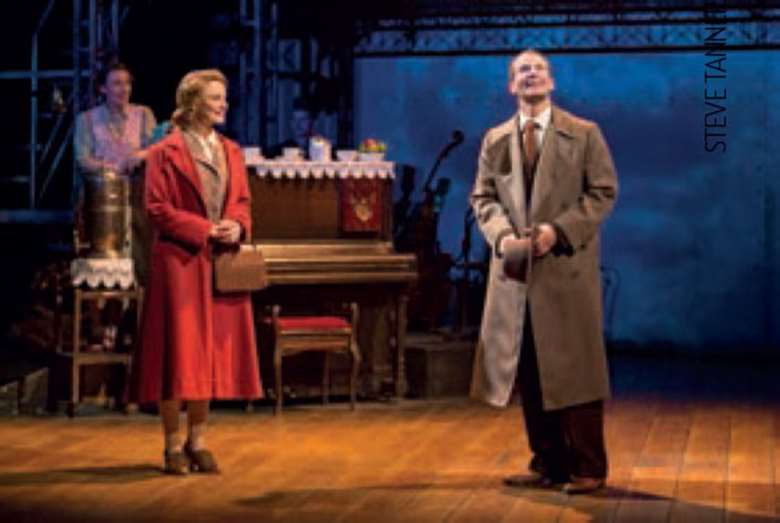Devising Creative Theatre – Brief Encounter
Naomi Holcombe
Sunday, December 1, 2019
A limited post-show resource that does not engage with the production in much detail but could help less experienced teachers

STEVE TANNER
Adam Milford of Theatre Workout believes that Drama teachers and students should have more resources available to them after seeing a West End production. More often than not, schools will see a show and then when they return to the classroom there is nothing available to help them explore the production.
This Theatre Workout guide looks at ‘devising original theatrical performances’ inspired by Kneehigh Theatre and Noel Coward's Brief Encounter.
The exercises are quite generic, which is useful as you may have various members of staff delivering this and not everyone will have seen the show. On the other hand, I would argue that a teaching resource based on a particular play should delve more thoroughly into the text and its themes than this resource actually does. I don't think you need a page explaining who Kneehigh are if you're going to see one of their shows. This is information which could be easily found out. It might prove useful as a handout to younger students, but I think that a teaching resource should focus on ideas and classroom exercises, alongside practical workshops.
The resource starts with some warmup ideas that are useful when approaching devised work. This is mainly explored through the idea of saying yes to everything in order to open up ideas and to get students to experiment during the process, without the fear of getting things wrong.
The pack includes exercises, such as a version of the game Assassin, some improvised greetings, story builders, mirror work, and the beginnings of text work with movement. All these things could be helpful for teachers who have less experience teaching Drama and want to introduce devising strategies to KS3 classes. These ideas are somewhat obvious to the seasoned Drama teacher or experienced student though – good but not new or particularly contemporary. I was hoping for more interesting approaches and a greater variety.
It's useful to have some text extracts printed at the end. There is a clowning section which could be taught completely separately.
I felt very disappointed to see some typos in the resource, and all in all it is useful, but not revolutionary: helpful for some practical approaches in English lessons, some cross-curricular work with PSHE, or for a nonspecialist.

